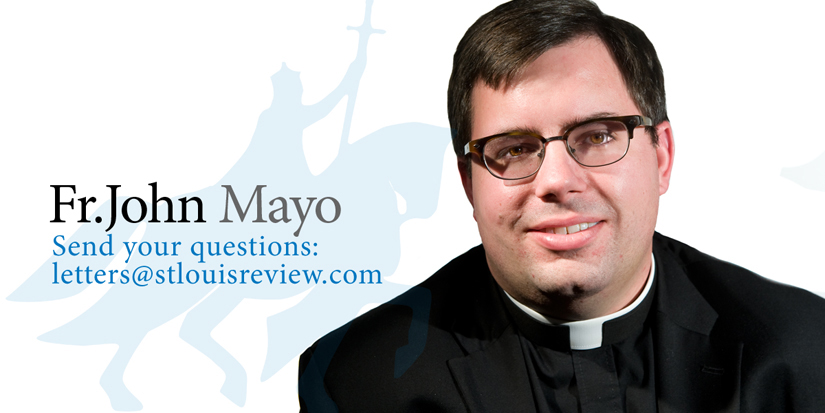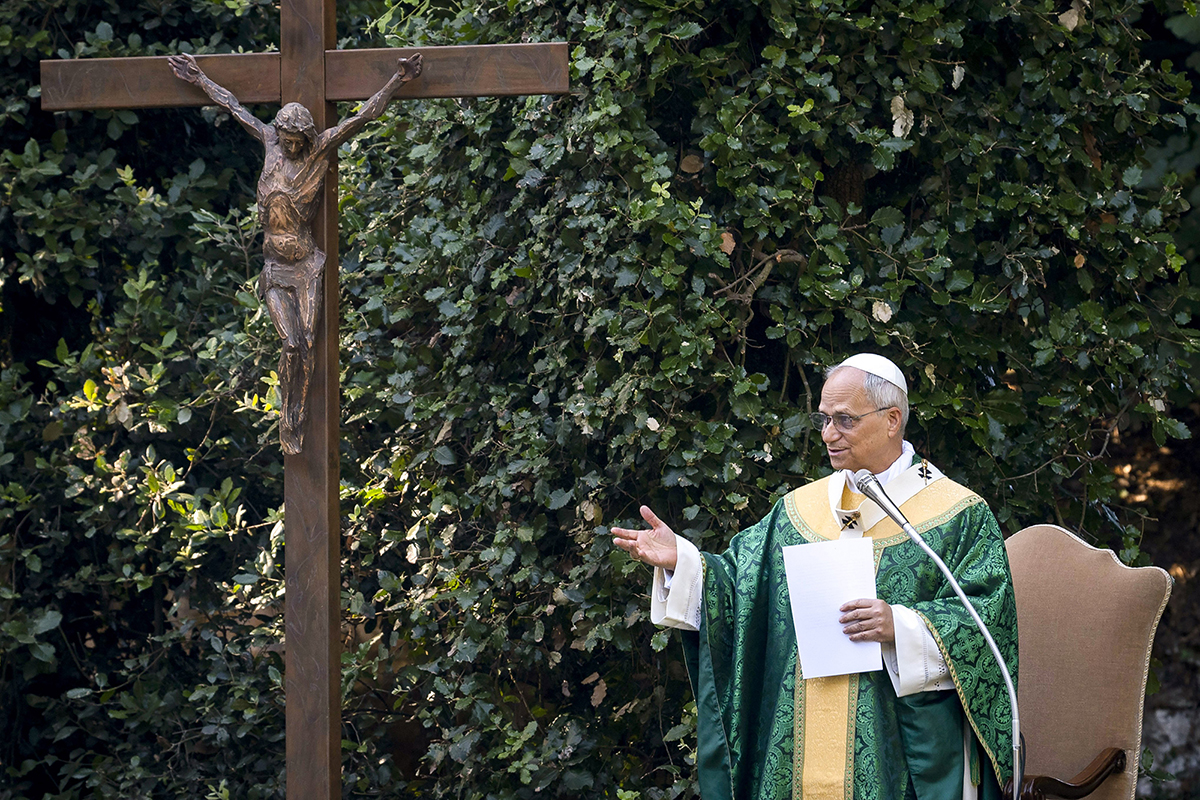DEAR FATHER | The Church supports the faithful in painful situations of divorce
I am recently divorced. Where does this leave me with the Church?

A couple enters into marriage with great joy and hope for the future. When a marriage declines and ends in divorce, it’s a painful event on so many levels. What makes it even more painful for a Catholic is the feeling that, because of this divorce, a divorcee can no longer be part of the Church at the time her support is most needed.
The Church, however, is still there for a person in this situation. As at other painful moments in life, the Church is there as the field hospital we need when we are wounded by sins or human ugliness.
The first place the Church is present to divorced persons is through the local parish community. A divorced person who maintains the boundaries of marital chastity in relationships, is welcome and encouraged to continue receiving the sacraments.
Apart from the sacraments, speaking with a priest or deacon may also be of help, especially in areas such as forgiveness or other spiritual counsel. Confession is a good spiritual tool to gain counsel and to ask for spiritual healing and forgiveness as a person copes with the divorce.
Many parishes offer “The Catholic’s Divorce Survival Guide.” This is a great DVD series that talks about what a person experiences in divorce and offers an opportunity to begin to talk about the divorce in a safe environment.
Many Catholic counselors minister to divorced people in the Archdiocese of St. Louis. Counseling provides the opportunity to discuss what has happened, find hope and healing, and begin to move ahead. Doing it in the Catholic environment brings in the richness of the faith and a similar value system — a comfort at such a difficult time.
When meeting people who are recently divorced, the subject of an annulment inevitably comes up.
An annulment is a declaration by the Church that the couple was never really married because of some defect in the marital bond at the time of the marriage. A declaration of nullity doesn’t invalidate the life the couple shared or make the children they had together illegitimate.
Enter into the process when you are ready. It is a lengthy process of self-examination. Jumping on it too soon may not be the best for your healing from the divorce.
Lastly, you may decide that you do not want to enter into the annulment process, which is OK. If there is any chance of getting remarried, I would advise sometime looking into opening the process.
We as the rest of the Church should be there for those going through divorce. The best way is by being there with love, support, and prayer. Try to avoid prying questions into what happened or negative assumptions about them or their former spouse. While well intentioned, being there with the other where they are at is the best way to be Christ for them.
This column appeared in a previous edition of the Review.
Father Mayo is pastor of St. Raphael the Archangel Parish in St. Louis.




